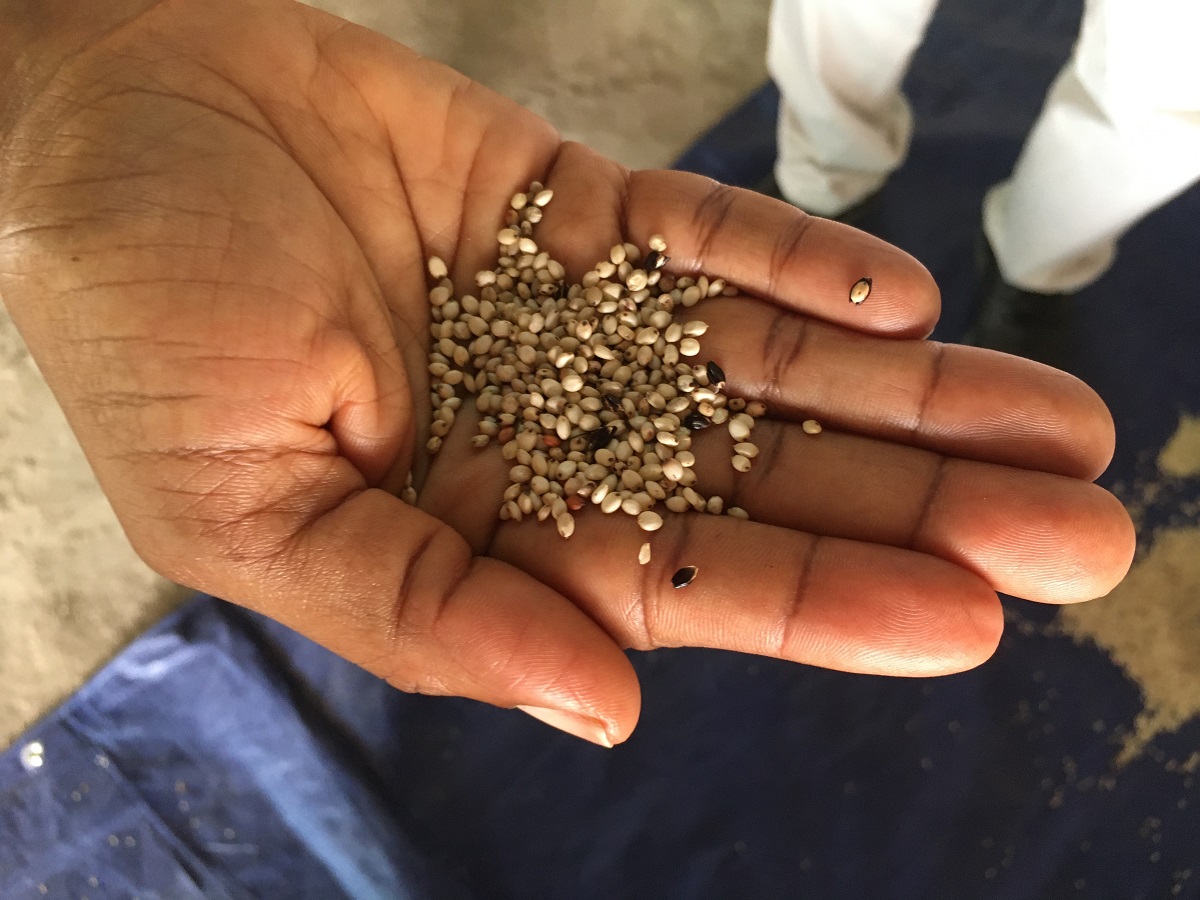
UNICEF estimated that approximately 10.4 million children were at risk of suffering from acute malnutrition in 2021 in the Democratic Republic of the Congo, South Sudan, northeast Nigeria, the Central Sahel, and Yemen. Along with Sierra Leone, these countries or regions have experienced humanitarian crises, conflicts, intensifying food insecurity, and pandemics, raising the threat of severe acute malnutrition (SAM).
The World Health Organization defines SAM as a very low weight for height, visible severe wasting, or the presence of nutritional oedema – swelling caused by the accumulation of fluid in the body tissues. SAM is caused by a significant imbalance between nutritional intake and individual needs, where diets are deficient in both the number of kilocalories/day and in the right vitamins and minerals. The median fatality rate for children under five suffering from SAM ranges from 30%–50%.
An established way of treating severe malnutrition is the use of ready-to-use therapeutic food (RUTF) – a paste made of peanuts, powdered milk, vegetable oil, sugar, and vitamins and minerals. RUTF does not require the addition of water, which could be contaminated, allowing at-home treatment for cases without medical complications. Since its launch 20 years ago, it has shown a high level of success in terms of recovery: in a couple of months, about 90% of children return to a normal weight. However, the majority of this ‘food-medicine’ is imported from private companies in high-income countries. As a consequence, the delivery of RUTF for malnourished children on the ground depends on foreign aid and its coverage is limited. The powdered milk ingredient contained in the formulation has to be imported, meaning that only 50% of its ingredients are available locally. Formulations have been developed in other countries which use about 95% local ingredients with the same health impact on malnourished children and for half the price.
NRI led a project in collaboration with the Ministry of Health and Sanitation in Sierra Leone with the aim of investigating the feasibility of developing RUTF using local ingredients and by local enterprises. After carrying out a literature review to identify existing examples of successful businesses, potential formulations using local crops, and quality assessment of such products, the team conducted a field trip to interview a range of local stakeholders in Sierra Leone, including the Ministry of Health, UNICEF, WFP, the private sector and NGOs. NRI’s Dr Aurelie Bechoff led the nutrition scope of the study, Dr Louise Abayomi investigated the food safety and product quality aspects and Prof Ben Bennett explored the market and business environments. The team found that the range and diversity of locally grown crops and commodities would allow the development of local manufacture – Sierra Leone has a diverse agroecological system potentially enabling the cultivation of various food crops that could be used as ingredients, which are then combined using linear programming to meet nutritional requirements. On the other hand, the infrastructure and local laboratories available in Sierra Leone do not currently meet the minimum quality standards expected. There will be a need to build local capacity in the years to come. These challenges could be overcome with targeted investment/support. Dr Bechoff was recently awarded a grant under the University of Greenwich Innovation Fund to pursue research on the development of suitable formulations. This research area is of growing urgency, given the increasing challenges of food security and nutrition amplified by the Covid pandemic, climate change, and environmental pressure on food systems.

